Bulgaria is one of the countries where representatives of many ethnic groups and religions have coexisted for centuries. According to the country's Constitution, "the traditional religion in the Republic of Bulgaria is the Eastern Orthodox Christianity." It is also noted that "freedom of conscience, freedom of thought and choice of religion and religious or atheistic views are inviolable."
Official data of Bulgaria’s National Statistical Institute (NSI) from the last census conducted in 2011 show that 76% of respondents self-identify with the Eastern Orthodox Christian religion. The Catholic religion was indicated by 48,945 people in the census, the Protestant denomination by 64,476 people, respectively 0.8 % and 1.1% of respondents. 10% of the Bulgarian identify with the Muslim religion. Nearly 5 percent responded they do not profess any religion.
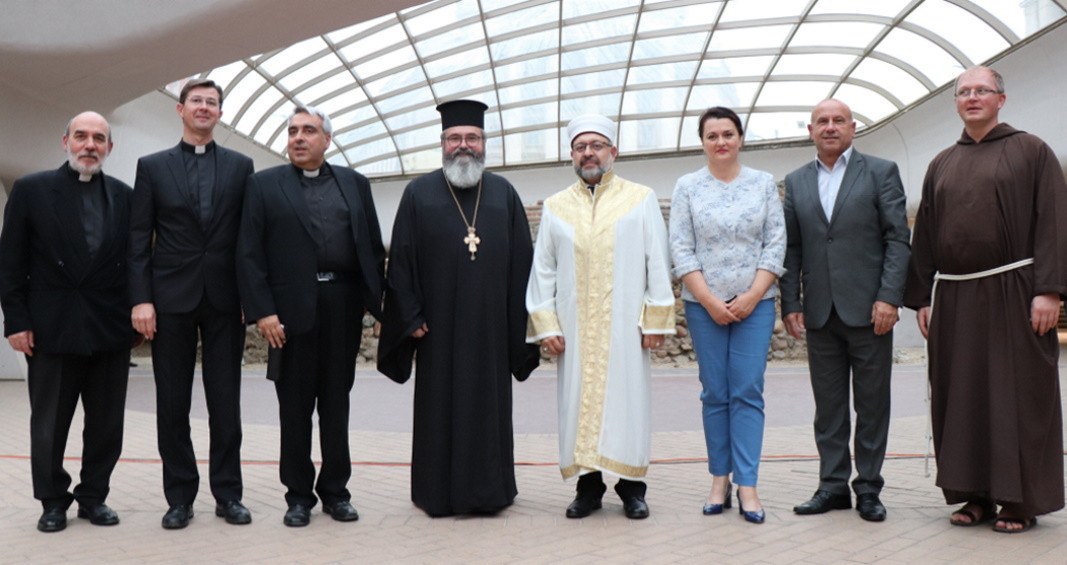
In 2008, with the assistance of the Directorate of Religions at the Council of Ministers, the National Council of Religious Communities in Bulgaria was established. It has representatives of the Muslim denomination, the Armenian Apostolic Church, the Central Israelite Religious Council, the United Evangelical Churches and the Catholic Exarchate. At the moment, the Bulgarian Orthodox Church has no representative in the National Council of Religious Communities in Bulgaria (NCRCB).
A vital goal of this council is "to promote the dissemination of knowledge among individual religious communities about their principles and value system related to building a peaceful and just civil society in Bulgaria and in the world as a whole."
Is harmony between religions possible and what does it mean?
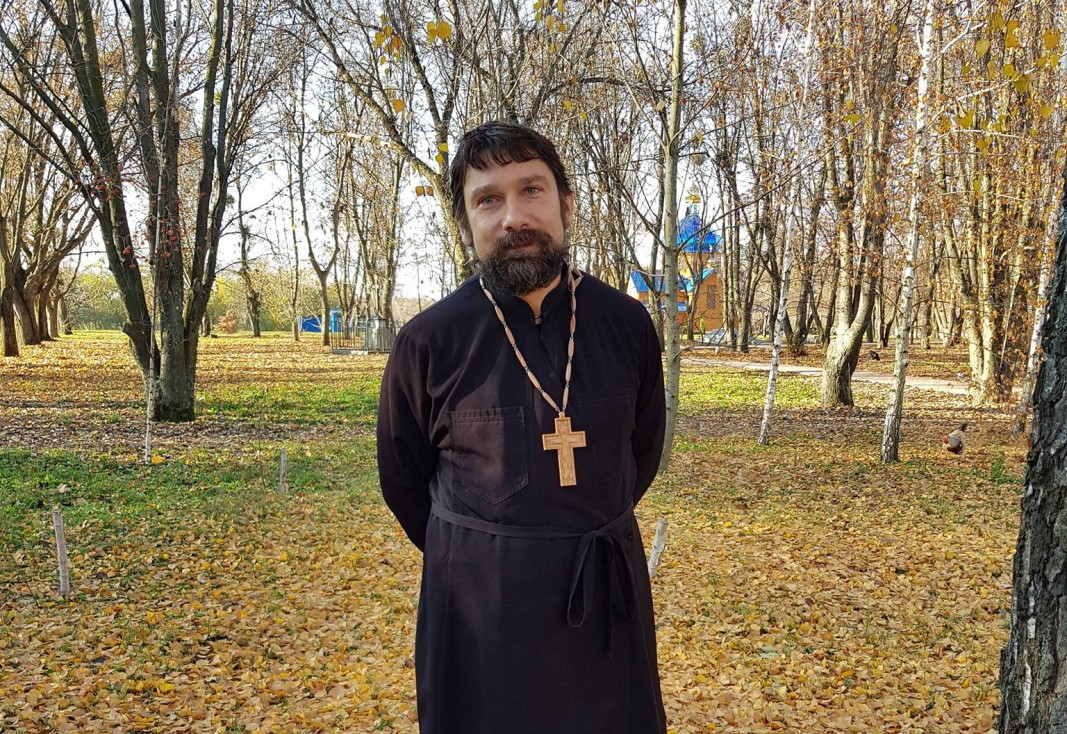
"There is a general feeling that the Last Judgment is coming, that God's judgment will be merciless to those who have not shown mercy," says Father Nikolai Petkov, who has lived and served in the Orthodox Church of St. Prophet Elijah in the city of Shumen (North-eastern Bulgaria). "And if we accept that harmony is consonance, then if a musical piece is performed exquisitely today, that is no guarantee that the same thing will happen tomorrow."
According to the chairman of NCRCB and a representative of the Muslim community in Bulgaria Birali Birali “the common thing that unites all believers in the world is their faith in God. And harmony between believers goes through getting to know each other.
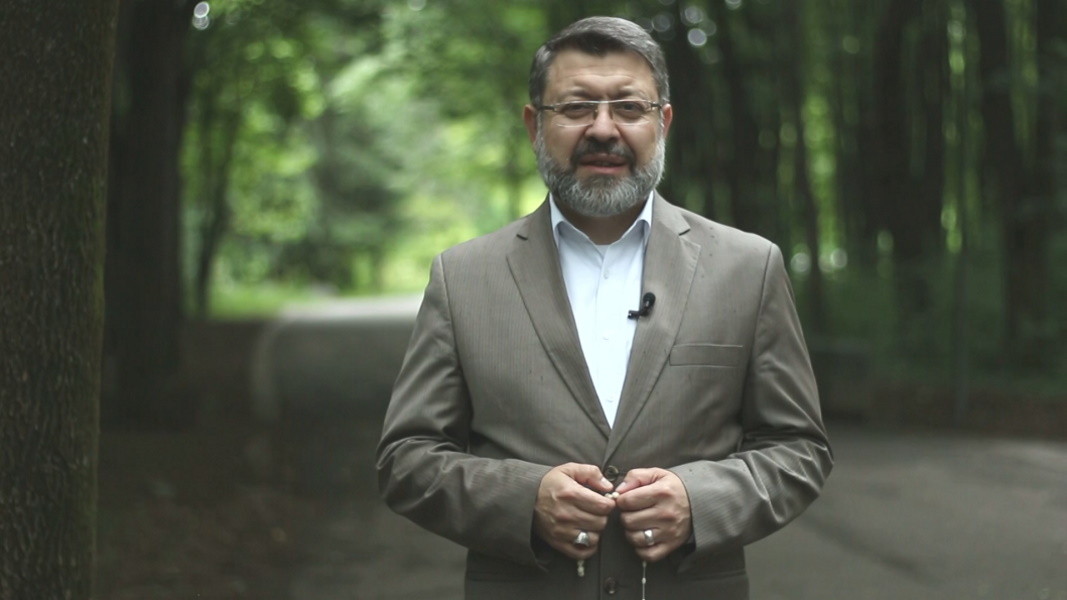
The first reports about Catholic priests in Bulgaria date from 1604, explains Father Petko who represents the Catholic community in the council. And although Catholics in Bulgaria are not numerous, they are very active in their activities aimed at social, educational and other fields of life. "The beneficiaries are just people in need, regardless of their religion," the priest said.
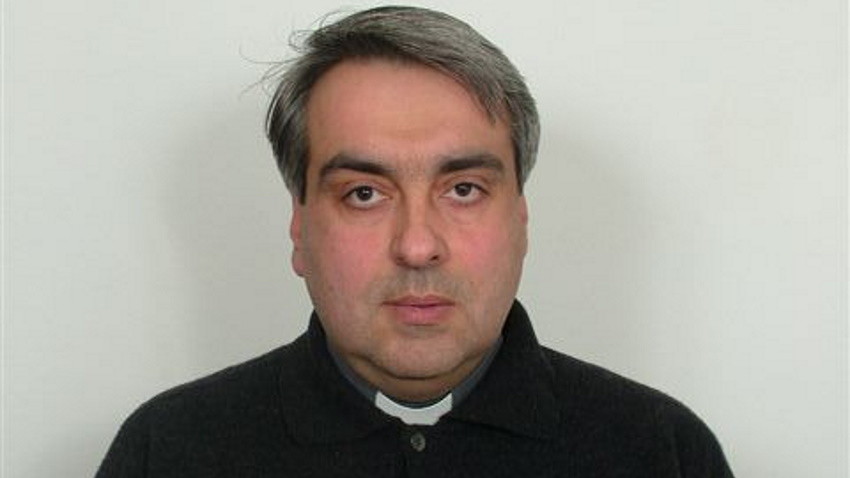
According to Father Petko, the pandemic and the fear of it have strengthened the faith that lies inside each person, the hope, the trust, the personal contact with God in prayer.
"For the deeply religious person, the fear of the pandemic does not take the central place, it has been replaced by trust in God," adds Greta Ganeva, a representative of the United Evangelical Churches in Bulgaria.
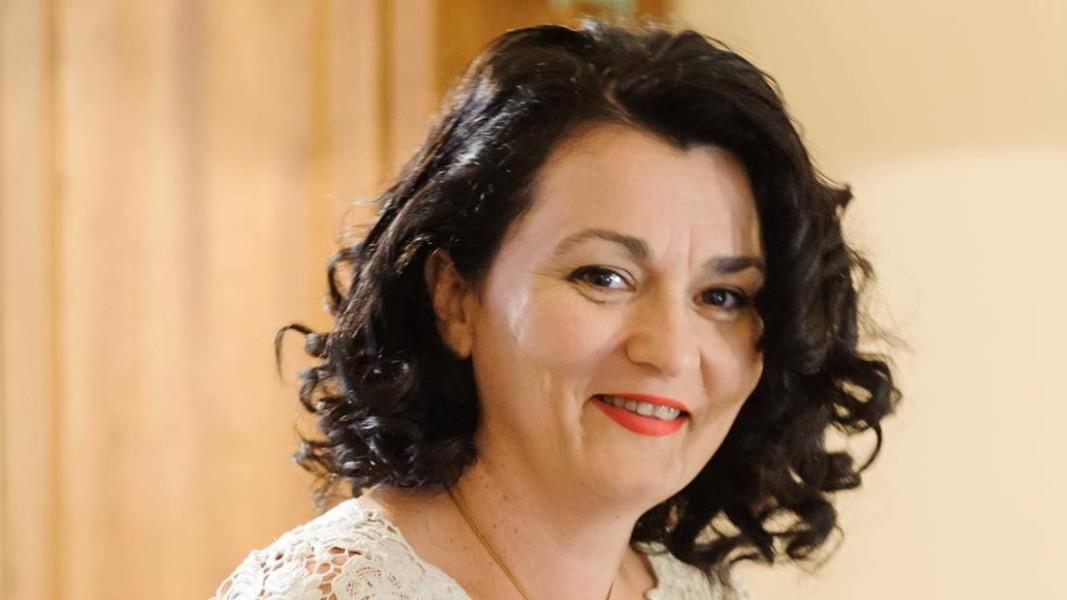
She sees the commonalities between believers around the world in the set of values. “The good thing about us in Bulgaria is that many religions are gathered here and for centuries they have lived together in an established relationship of harmony. And what we have in Bulgaria is unique, because this is a model that our ancestors formed, to live accepting the others as they are”, she says.
"The desire to build a valuable life, to educate the younger generation in a spirit of reconciliation, mutual assistance and respect prevails among all believers. Unfortunately, human history is full of condemnable extremes, often stemming from formal religious motives," says Prof. Garabed Minassian representing the Armenian community in the council.
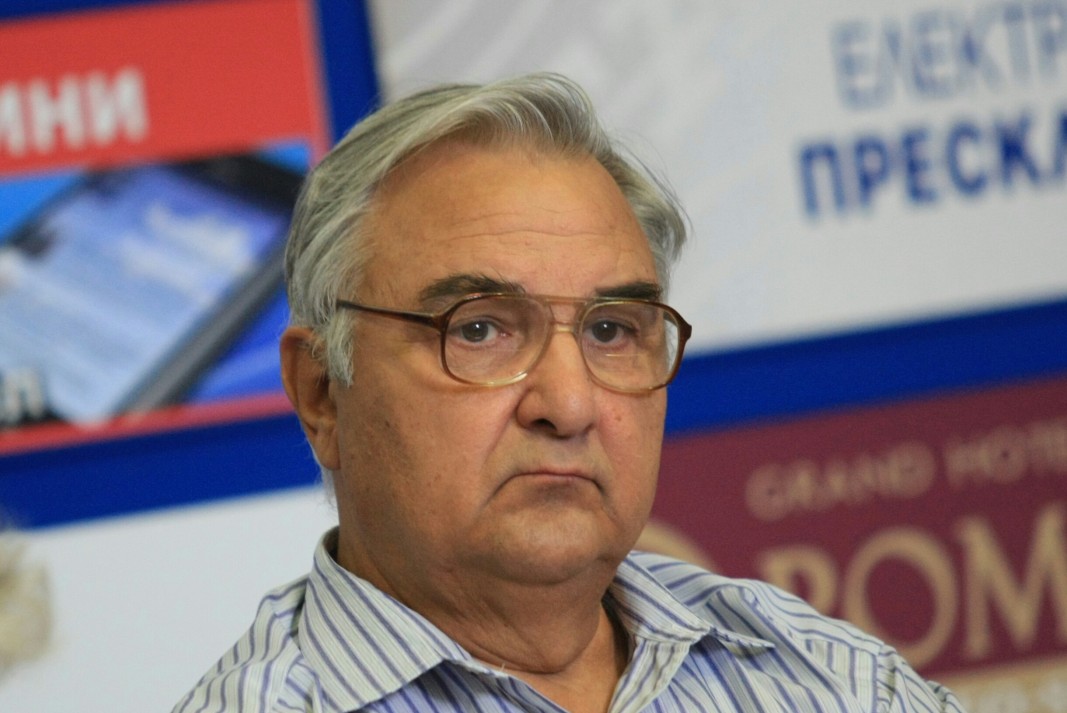
More than a dozen Armenian churches with centuries-old history have been built on Bulgarian soil. "Currently, the Armenian community here is relatively small (10-12 thousand people), but continues to maintain organized ethnic life," Prof. Minassian explains. According to him, trials have always been and will be part of human existence in the future. "Faith alleviates difficulties and gives strength - not just spiritual. The formal "emptying" of the temples is forced, but the spiritual presence of the Almighty, of the mental guide through the labyrinth of clear and obscure vicissitudes of life, has not diminished. "
"Every religion preaches the right path to God. And we are all convinced that we are on the right path, but we will know exactly who has been right on Judgment Day. Until then, let's strive to be good," says Sofia Cohen, chairman of the Central Israeli Council.
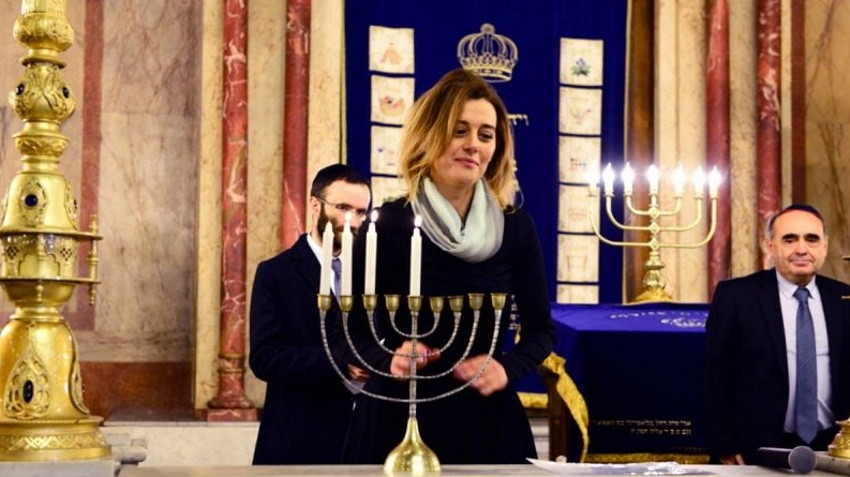
She recalls that "this is a community that before 1944 numbered over 50 thousand people in Bulgaria. Then some of the Jews left for the state of Israel. To date, we can say that there are no more than 6,000 Jews in Bulgaria. “This small community though leads a very active spiritual, cultural and social life. A very important aspiration of ours is to be a constructive force in the entire Bulgarian society,” Sofia Cohen says. She believes that Bulgaria is one of the best examples in the world of harmony between religions.
Photos: National Council of Religious Communities in Bulgaria
English version Rositsa Petkova
Photos: NCRCB, BGNES and archiveThe cool autumn evenings give us a reason to immerse ourselves in the cosy atmosphere of restaurants in Sofia and try new flavours inspired by global culinary trends. Leading Italian travel platform praises Sofia in autumn..
At 04:00 Bulgarian time on October 26, 2025, we must turn our clocks back one hour. This means one more hour of sleep, but it does not eliminate the stress for the body as a result of the change in the biological schedule,..
A celebration of children’s love of books and imagination will take place on 25 October in Los Angeles, organised by the Bulgarian School “St. St. Cyril and Methodius” , according to the school’s Facebook page. The Parade of Books and Fairy Tale..

+359 2 9336 661
